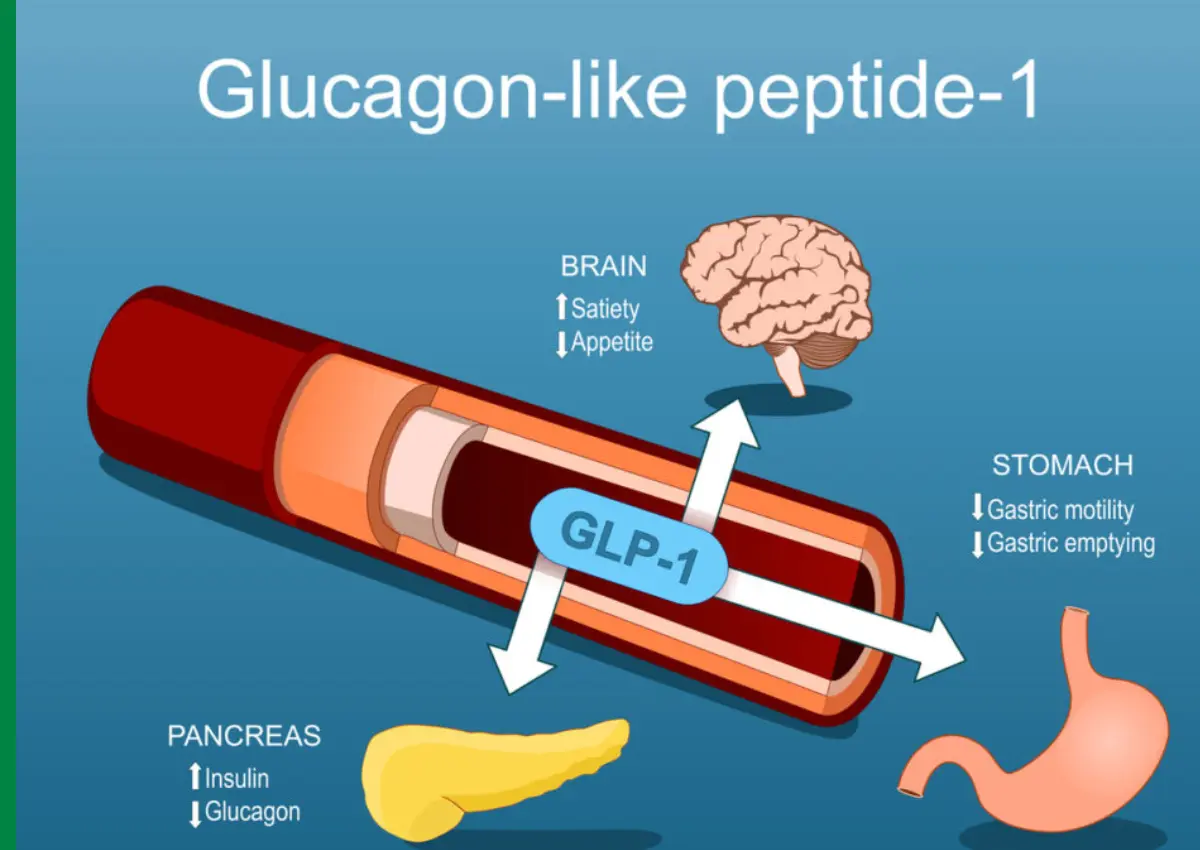The next few years are about to go through a massive reshuffle in the world of Fantasy Premier League managers. The scoring system is something that will effectively change the whole game in the 2025/26 season and may reverse your transfer plan.
Welcome to the age of the defensive contributions, where tackles, blocks, and interceptions can actually be given the credit they deserve.

What are FPL Defensive Contributions?
Players will also get credit on their defense, which was the case in the FPL history for the first time. This new element is rewarding to unsung players and heroes who end up breaking up play, regaining possession of the ball, and defending their goal, where they were not felt exceedingly important and had to be left unrecognized even.
The new system follows rather a straightforward rule: do sufficient defensive acts during a match, and you will get two extra points. It is like scoring save points in the case of goalkeepers, though with a twist of having all defensive gestures to score.
FPL Scoring System Process.
The points system used in the defensive contribution bespeaks the different contributions players make on the pitch:
For Defenders
Defenders need to accumulate 10 defensive actions in a single match to earn 2 points.
These actions include:
- Clearances
- Blocks
- Interceptions
- Tackles
This quartet is known as CBIT (Clearances, Blocks, Interceptions, Tackles).
For Midfielders and Forwards
Midfielders and forwards face a slightly higher threshold of 12 defensive actions but get additional opportunities through ball recoveries. Their scoring includes:
- Clearances
- Blocks
- Interceptions
- Tackles
- Ball Recoveries
This extended system is called CBIRT, with the ‘R’ representing recoveries.
Why Ball Recoveries Matter
Probably the most intelligent part of such an update is adding a number of ball recoveries to the midfielders and the forwards. These activities acknowledge the current trend of the modern game of pressing and rapid transition. Winning back the ball is one thing but it is the end result and what capitalizes on the next move that prevails.
The recovery points are awarded to players for actions such as first touch of a loose ball in a controlled manner before making a pass that keeps possession or initiates a counterfacing.
What is a Cap System?
The maximum points any defensive contributions can gain is 2 points in one game as compared to the other FPL scoring categories. Regardless of the number of defensive actions (a player completes), 10 or 20, the person is awarded 2 points.
Nevertheless, outstanding defensive performances can even be compensated with the help of the Bonus Points System so monster defensive displays are worth their weight in gold in more than one sense.
Players Who Will Benefit Most
According to the past statistics, some of the types of players can benefit greatly from this change in the rule:
Centre-Backs
More classical center-backs, such as James Tarkowski, who would have achieved 44 defensive contribution points in the previous season, become good prospects much more easily.
These players also achieve high clearance and amongst block statistics and hence they are a safe bet in scoring points without facing return.
Defensive Midfielders
Players such as Moises Caicedo and Christian Norgaard, who are amongst the best at disrupting play and regaining possession, are now FPL afterthoughts turned into very serious considerations. Their pressing and recovery efforts no longer have an imaginary value.
Box-to-Box Midfielders
The additional 2 points per match can push these players into premium territory.
Strategic Implications for Your Squad
This rule change creates several strategic opportunities:
Budget Allocation Flexibility
Having less expensive defensive players, there is a possibility of shifting some budgets to high-quality players. A puny #4.5m defender, who over time can provide a time and again computerized number of points in the defense department, is mind-blowing.
History of Fixture Analysis
The points of defensive contribution bring an addition to the analysis of the fixtures. Teams that are high-pressed by their opponents or those that develop lots of opportunities would start gaining defensively despite winning the match.
Captaincy Considerations
Although, probably, defensive contribution points are not going to affect captaincy choices in the majority of cases, the latter may prove decisive in close gameweeks when the defenders play in more favorable contexts.
FPL—Top Targets for 2025/26
Based on projected defensive contribution potential, several players emerge as must-watch assets:
James Tarkowski (Everton)—The standout performer who would have earned the most defensive contribution points last season. His consistent defensive work makes him an essential consideration.
Moises Caicedo (Chelsea)—A midfielder who combines defensive excellence with full potential. His ball recovery skills make him particularly valuable under the new system.
Jan Bednarek (Southampton)—A center-back who excels at defensive actions and could offer excellent value if Southampton remains competitive.
Implementation Timeline
The defensive contribution system will begin in Gameweek 1 of the 2025/26season. It comes without any kind of slow transition—there is no easing managers into it; they should consider it when assembling their squads at the beginning of the season.
Potential Pitfalls to Avoid
Although defense contributions pave the way to new opportunities, there are several things to consider:
- The 2-point limit implies that the most defensive-leaning players are not necessarily going to score better than opposition players. Clean linen, and bonus points retain their eminence in the selection of players.
- Defensive setup of the team is of importance. The defenders in organized defensive setups may not afford to go in to do much detaching on the individual defensive activity, as in bad weather where there is a high tempo.
Final thoughts
The addition of defensive incentives in the 2025/26 FPL is the largest change to the rules in recent memory. It also converts formerly neglected players into realistic alternatives with added tactical elements of team composition.
This change must be adhered to fast in order to have success in the new season. Managers who learn defensive contributions at the earliest stages will gain a great advantage over the managers who are still holding old strategies.
FPL is shifting ground; ensure your approach keeps up with the times. The defensive revolution begins here and the fastest to adjust will earn the prizes that come with it.



